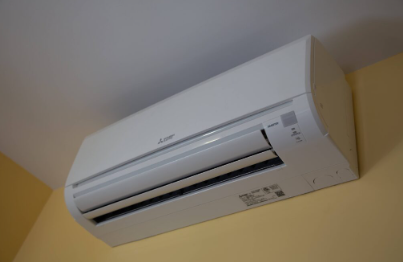1. Body Temperature Drops at Night
Your body temperature naturally drops as you sleep at night. If the room temperature is set to 26°C, which might feel comfortable during the day, it can feel too warm at night. This could disrupt your sleep and make you feel hot and uncomfortable.
2. Energy Consumption
To maintain lower temperatures, air conditioners work harder especially when the outdoor temperature drops at night. Keeping the AC at a constant 26°C requires more energy, which increases electricity consumption and costs. Raising the temperature slightly, such as to 27-28°C, can reduce energy use without significantly affecting comfort.
3. Impact on Health

Cooler air at night can causehealth issues such as dry skin, throat irritation, and even respiratory problems. Prolonged exposure to cold air while sleeping can reduce the body’s resistance to colds and increase the likelihood of catching illnesses.
4. Humidity Levels
Running the AC at lower temperatures for extended periods can reduce humidity in the room, making the air too dry. This can lead to dehydration, dry eyes, and dry nasal passages, especially if the AC is set at 26°C for the entire night.
5. Sleep Disruption
A too-cold room can cause your body to shiver, causing interrupted sleep. While 26°C might seem like a moderate setting, cooler temperatures can still be uncomfortable during the night when your body’s core temperature is lower.
6. Suggested Temperature for Nighttime
Most experts suggest setting the AC between 27°C to 29°C during the night, which is usually sufficient to keep you comfortable while saving energy and avoiding potential health issues.





